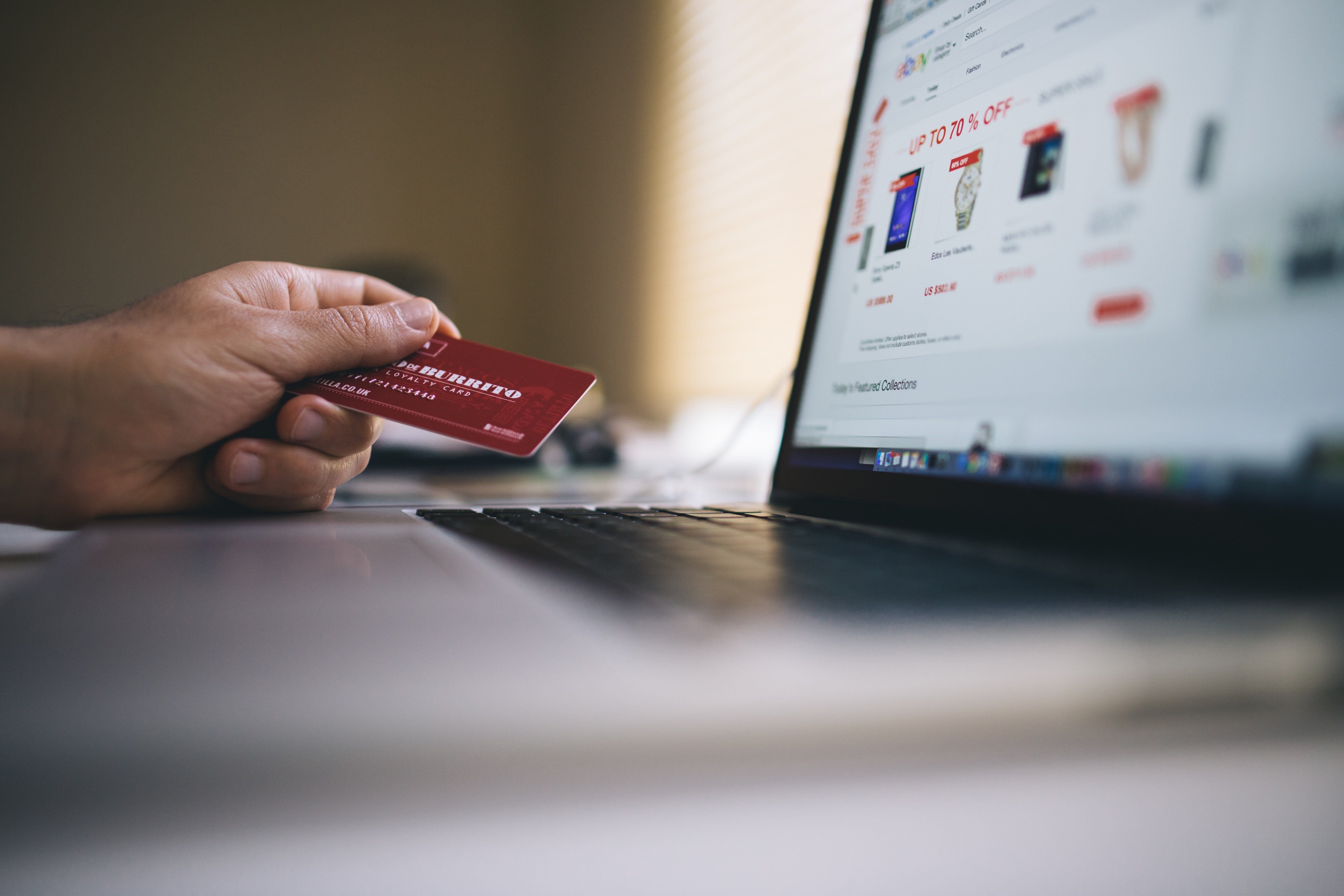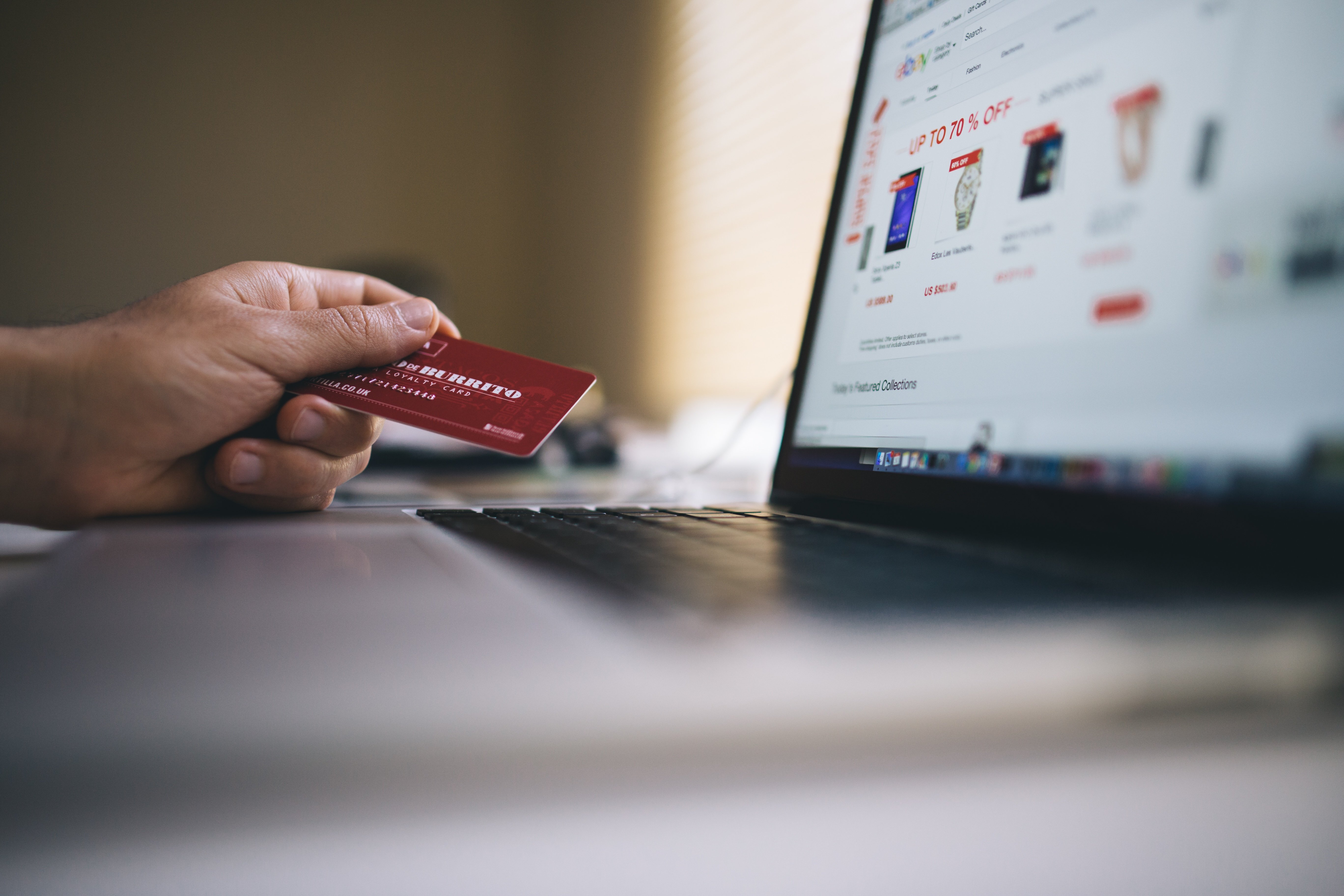

Mobile payments are controlled transactions which take place digitally via your mobile device. Nowadays mobile payments are a progressively popular way to accept in-person payments since they are secure, fast and suitable. Basically, customers enter their Credit or Debit card details into an online form at the time of check out. Besides, Mobile pay volume is forecasted to increase to 503 million dollars by 2020. As long as mobile payment programs are comparatively cheap and don't require advanced technical knowledge to execute, ample of small businesses have quickly adopted this new technology.
Mobile payment is being operated under monetary regulations and is done using a Mobile device via a banking app or Mobile wallet. The Merchants and the mobile payment service provider split the responsibility of protecting the consumer's data, if the consumer makes use of the mobile payment. The first Modern Credit Card was created in the year 1958. Since then mobile payments have developed even more. The company which first introduced mobile purchasing in the year 1997, is nothing but Coca-Cola.
Have a look on some significant advantages of mobile payments.
The biggest benefit of mobile purchasing is that it allows you convenience to the user. It allows the user to pay someone anywhere, anytime. There is no need of carrying a credit card and debit card everywhere or cash anywhere. You can make a payment through a payment link on your smartphone or just by scanning the QR codes. In many ways, it is effortless for small businesses to acquire mobile payment programs since they don’t have a huge Infrastructure to work via small businesses. It also reduces the costs if you are a merchant, as there is no need of buying a credit card or debit card or any other swiping apparatus. Simply you can accept payments through Mobile. A mobile payment can help you with the increase in sale by offering a mobile payment to the customer by these following ways:
1. Combine and increase incentive programs
The ability to integrate or combine loyalty and incentive programs into mobile payment applications is one of the biggest advantages of using a mobile payment option. Rather than customers keeping punching cards or key ring tags all of their information is saved in the application whenever they buy using a mobile device.
2. Capacity to offer credit card payments
Earlier, multiple small businesses, mainly those working at distant locations such as a farmer’s market or a food truck were not able to accept credit card payments. Being only a cash business usually reduced sales since customers not having enough cash in hand and hence were unable to purchase their products. So if the cash only businesses start accepting credit card payments via a mobile payment program, they can straight away increase their customer base and increase the sales.
3. Record customer trends and inventory
Most common fight for small businesses is nothing but recording inventory and the behavior of the Customer. You can automate these procedures and serve your customer much better by using mobile payment services.
4. Faster checkout process
Customers adore rapid services, especially when paying the after all that is commonly their least liked part of the shopping or dining experience. Almost all the Customers and employees find that it’s significantly quicker to pay with a Mobile Device rather than a Credit Card. The time saving directly increases profits by permitting you to lodge more Customers in the same period of time, mainly for businesses with a very busy schedule during the day, like crowds at the time of lunch.
5. Save money on credit card fees
Some mobile payment companies charge more per transaction than Credit Card Companies which balances direct savings for the company.
The past of mobile payments
The mobile payment market is directly under the change with a history of numerous tried and failed solutions and a future of encouraging yet doubtful contactless RFID and other new possible Technologies. In the past, many companies have attempted to break into the Indian mobile payment and ample of them had to close the shop. mobile payment services were hugely dependent on Mobile networks and also they also had to deal with the hardware limitations. Earlier Mobile Transactions includes typing out complex
SMS based messages. With the access to data and desirable Smartphone device, the solutions have become convenient to use and are not reliant on network anymore.
The present of mobile payments
The contactless payments does not include any contact between the device and the reader, which allows the customers to tap a Credit Card or gesture their phones over the reader to make payments. There is an enormous possibility of contactless payments growing moreover due to many other factors such as contactless card availability, customer's request and business adoption. Smart Speakers and home assistants have observed an enormous growth over the years. Most of the companies have also shown an anxious interest in including their payments via Smart Speakers. These days, most of the Merchants have learnt to control Multiple Channels and Retail Formats. The Merchants can improve their in-store sales organization, post-sales services, Customer satisfaction, and lessens the cases of frauds.
The future of mobile payments
The driving force for the Development of the payment Technologies is Security. If the Security is not up to the mark then it can cause difficulty in developing the payment Technologies. Security is an essential constituent in payments as a huge amount of payment data pours into the bank. Inspecting frauds from such a big lot is quite a task and only particular machines and software can accomplish it. The wireless device which is made to imitate the sale terminals and traditional cash registers, is nothing but Mobile point of sale or mPOS units. They are uncomplicated, wire-less, space-saving and appropriate ways for Merchants to receive payments. Biometric authentication is quantification of physical characters such as fingerprints, iris, voice, face, or you can say combination of these features. This has been rapidly embraced by various banking institutions as the latest form of digital security. Merchants and Retailers have observed the trend and are looking to reach out through social media and offer their products. They also make sure that rather than redirecting the user to fill the form out they would instead make use of the moment and allow their users to check out via social media platforms. The Mobile Device now allows the unbanked to have banking and payment equipment. Blockchain Technology will replace Credit Cards in the future. Social commerce will transform the way we make payments using our Mobile Phones. The mobile payment market is divided into Airtime top ups, Bill Payment, Merchandise Purchase, Money transfer and much more. Nowadays people are in a haste so obviously they don’t want to waste their time filling in a long Payment form. Future mobile payment processors have capacity to handle diversity of payment options which includes cash, traditional cards, mobile wallets and much more. The future of mobile payment Technology is dominated by mobile wallets and mobile point of sale devices. Mobile payments can be a game changer in both financial as well as to Mobile Companies.

Essential features for eCommerce portal development
Also identified as Electronic Commerce or Internet Commerce, eCommerce refers to buying, selling, or making a transaction using the internet...


